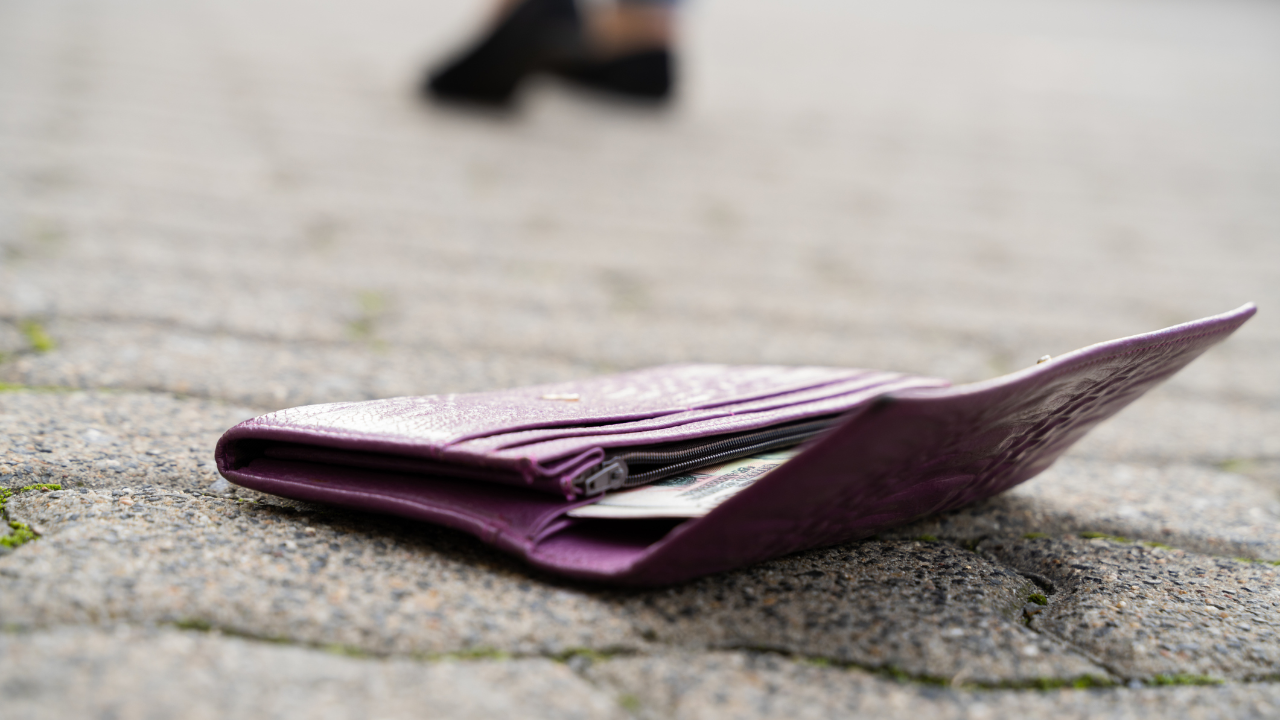What can I do if my credit card billing error dispute is denied?

Key takeaways
- Customers have the right to dispute errors under the Fair Credit Billing Act.
- Customers should make sure they are not mistaken about the billing error and should provide the necessary information and evidence to the issuer.
- If the credit card issuer denies the dispute, the customer can request supporting documents and can also appeal the decision or file a complaint with consumer protection agencies.
- If the dispute is still not resolved, customers can seek legal advice and file a case.
Most credit card transactions go smoothly, but you’ll likely experience a card mishap at some point.
For instance, you may buy something on sale and later see the full price charged for it on your credit card statement. Everyone makes mistakes, but you don’t need to pay for a billing error.
The first thing you should do is attempt to resolve the issue with the retailer and receive credit for the excess charge. If that doesn’t work, your rights under the Fair Credit Billing Act also allow you to dispute a credit card charge with your card issuer.
Sometimes, though, the issuer dispute may not result in a fix. In case the issuer denies your dispute, you still have other recourse.
What is a credit card billing error dispute?
There are certain types of credit card purchase situations in which you can dispute a billing error. For instance:
-
You don’t recognize a charge on your credit card bill and suspect that you did not authorize it.
-
You see a charge for an incorrect amount.
-
A charge for a purchase that was not delivered, or that you returned.
-
Your card issuer did not give you credit for a payment you sent.
-
The issuer did not send your card statement to your current address (provided that you gave adequate notice of any address change).
-
Your card is billed twice for the same transaction.
While a dispute is being investigated, you don’t need to pay the amount in question, although you should continue paying the rest of the balance due. The issuer cannot consider the disputed amount to be delinquent.
How to file a billing error dispute
Before filing a dispute, make sure that you are not mistaken about the error. For instance, you may see a merchant name you don’t recognize and think it’s a billing error, but the merchant is simply billing under a different corporate name.
You should contact your card issuer. The easiest method would be to call and see if you can have the fraudulent charge removed from your bill. If they can’t or refuse to remove it, you have to mail them a letter (at their address for billing inquiries and not the address to which it receives payments). Whatever method you choose, have any copies of any documents and receipts that support your case readily available.
Also, make sure you keep copies of evidence that you contacted the issuer to dispute the error. When calling in, make note of the time, date, and the representative helping you as well as their response.
For your letter, the issuer must receive it within 60 days of the time you got the first card statement with the billing error. Send your letter by certified mail and ask for a return receipt so that you have proof that the issuer got your letter.
What happens after you file a dispute?
You’ll receive written acknowledgment of your dispute letter within 30 days of the issuer receiving it. The issuer will conduct an investigation and resolve the matter within 90 days of receiving your dispute notification.
After conducting an investigation, your card issuer may deny your dispute. For example, the issuer may not find evidence that the transaction you disputed was unauthorized. The issuer may deny the entire disputed amount or a part of it; either way, it should inform you in writing about the denial and how much you owe.
You will also be notified about when you need to make your payment, including any interest that accumulated on the amount while it was in dispute. You should pay this amount by the date due so that you are not delinquent.
What are your options after a denial?
If you don’t agree with the issuer’s findings, you can ask for documents that support the decision to deny your dispute. You can also appeal the decision with the issuer within 10 days of being notified about it or before the deadline for you to pay the disputed amount, whichever comes later.
You could also consider filing a complaint with the Consumer Financial Protection Bureau (CFPB), the Federal Trade Commission (FTC), or even your state attorney general’s office or consumer protection agency. It may be a good idea to consult with an attorney about how to follow up. While this can get costly, if they file a case that is resolved in your favor, you could be awarded damages and also have your attorney’s fees covered.
The issuer can report your account as delinquent to the credit bureaus if you haven’t paid up within the time the issuer allowed and start collection activity on the amount due from you. However, it should also report to the bureaus that you are disputing the billing error.
The bottom line
If you have an issue with a billing error on your credit card statement, you can file a dispute with your credit card issuer after you attempt to resolve the matter with the merchant. In case the card issuer denies your dispute, you still have options.
You should follow up with the lender to ask for an explanation and any supporting documentation. If you think your dispute was incorrectly denied given that reasoning, you can file a complaint with the FTC, the CFPB or your state authorities.
Why we ask for feedback Your feedback helps us improve our content and services. It takes less than a minute to complete.
Your responses are anonymous and will only be used for improving our website.






